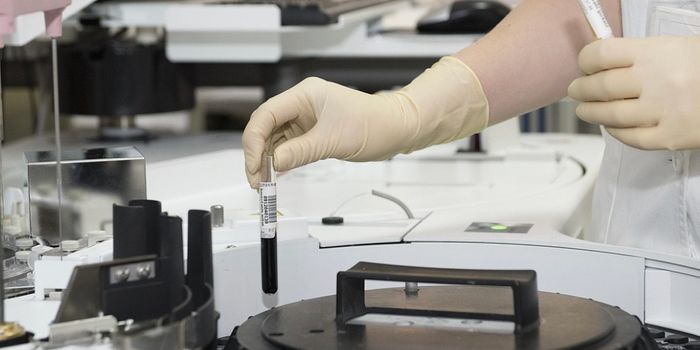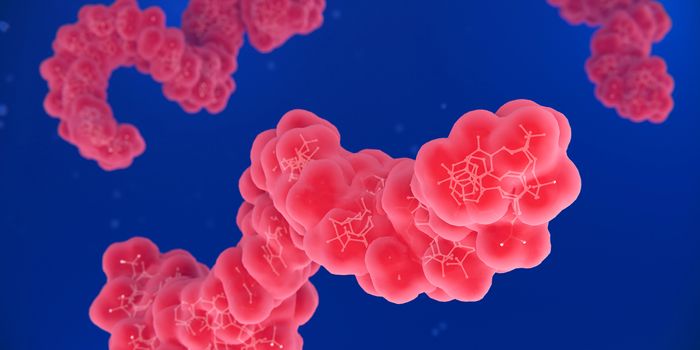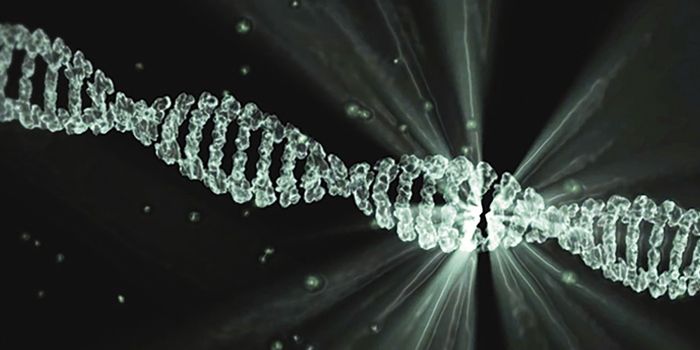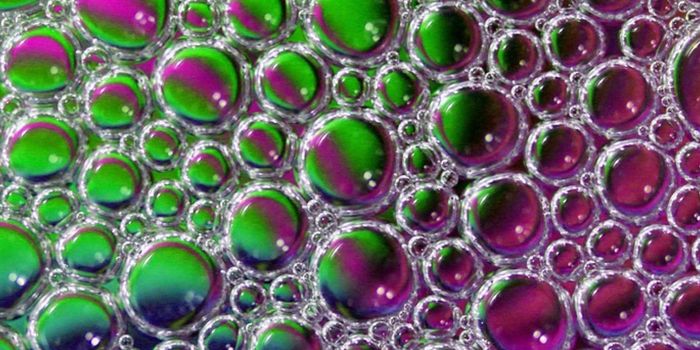RSV Infections Can Modify Host Immune Gene Activity
Respiratory syncytial virus (RSV) infections are thought to be incredibly common; research has suggested that almost everyone is eventually infected. Usually, the virus only causes symptoms that resemble a mild cold but in some people, like young kids who haven't been infected before or older individuals with waning immunity, the virus can cause problematic lung infections that sometimes lead to death. New research has provided some insight into how the virus can cause a serious illness. This work, which was published in Cell Reports, has shown that one of the proteins produced by the viral genome, called NS1 (nonstructural protein 1), can modulate the activity of host cell immune genes and disrupt the immune response.
This research could help scientists develop new treatments for RSV infection, and may help investigators learn why the virus can increase asthma risk. Children that are infected with RSV are about 30 to 40 percent more likely to develop recurrent asthma or wheezing compared to the general population. Right now, there is no vaccine or treatment for RSV.
"RSV is a significant health burden. It leads to thousands of hospitalizations and a significant number of deaths in the U.S. every year," noted co-senior study author Daisy W. Leung, Ph.D., an associate professor of medicine and other departments at the Washington University School of Medicine in St. Louis. "NS1 is an important part of the reason RSV is capable of causing disease. Not only does the protein interfere with the immune response, it is also important for viral replication."
Previous work by Leung's team identified NS1 as one way RSV can evade the immune system. This latest research has revealed the mechanism behind that function. In this study, the scienitsts saw that the NS1 protein went to the nucleus of cells. Further work indicated that the protein was affecting the expression of immune genes; apparently, the NS1 protein is binding to other proteins that regulate host gene activity. The genes that were more significantly impacted by the viral protein were the ones that are normally activated when a virus infects a cell.
Now that researchers know that NS1 is moving to the nucleus to alter immune gene activity, they may be able to use that information to create a vaccine or therapy for RSV infection.
Sources: Washington University School of Medicine, Cell Reports









